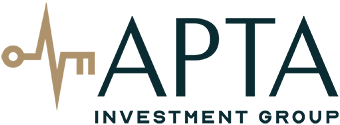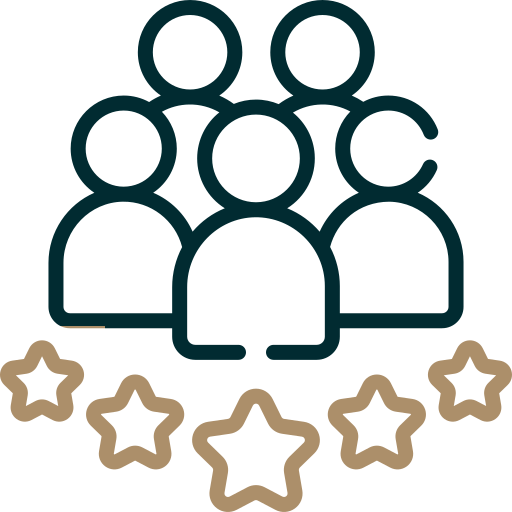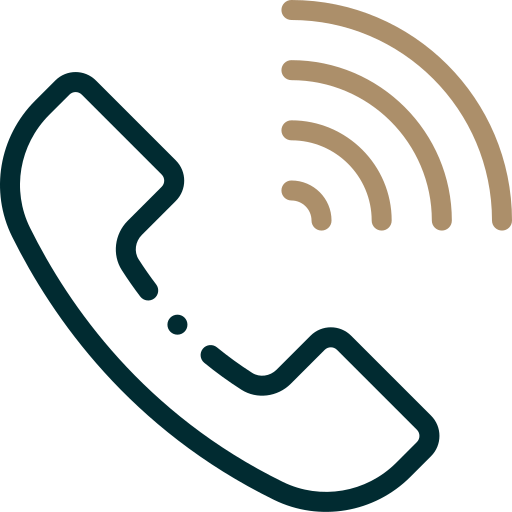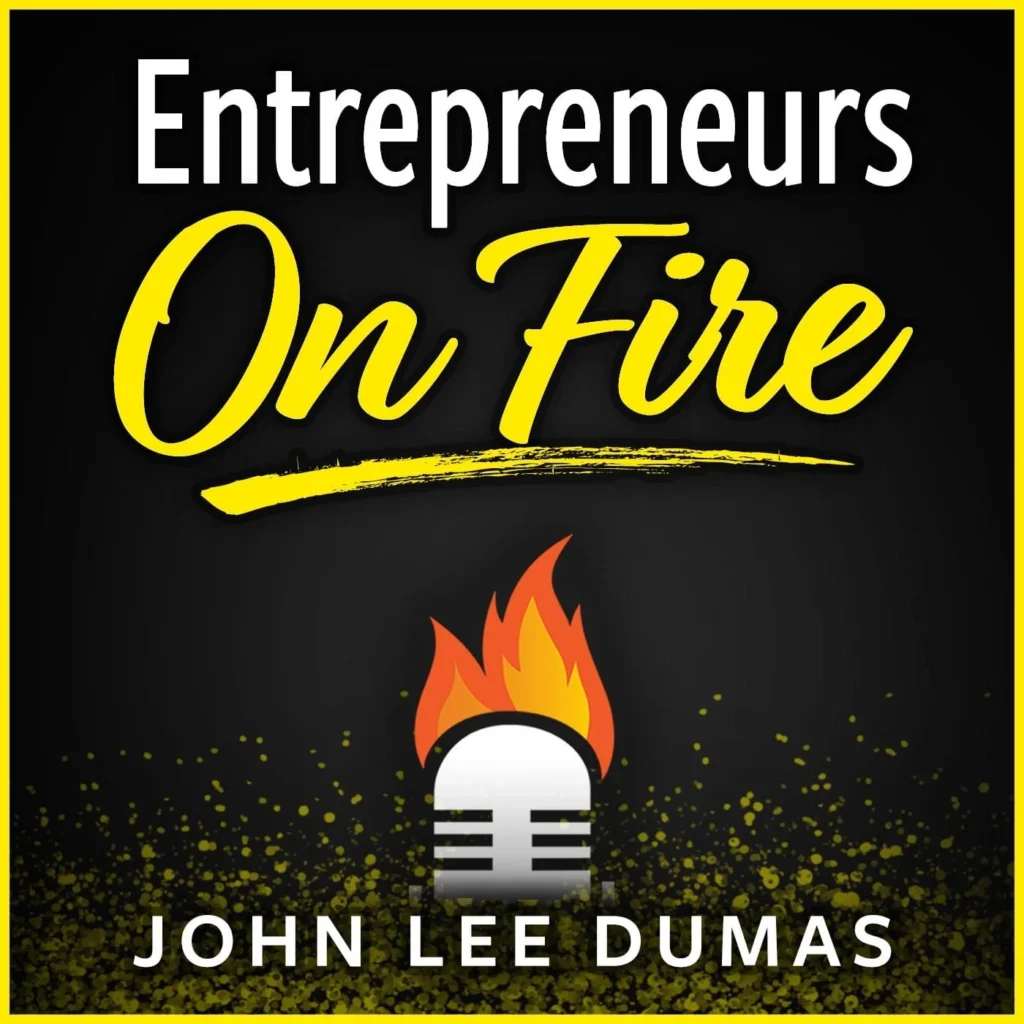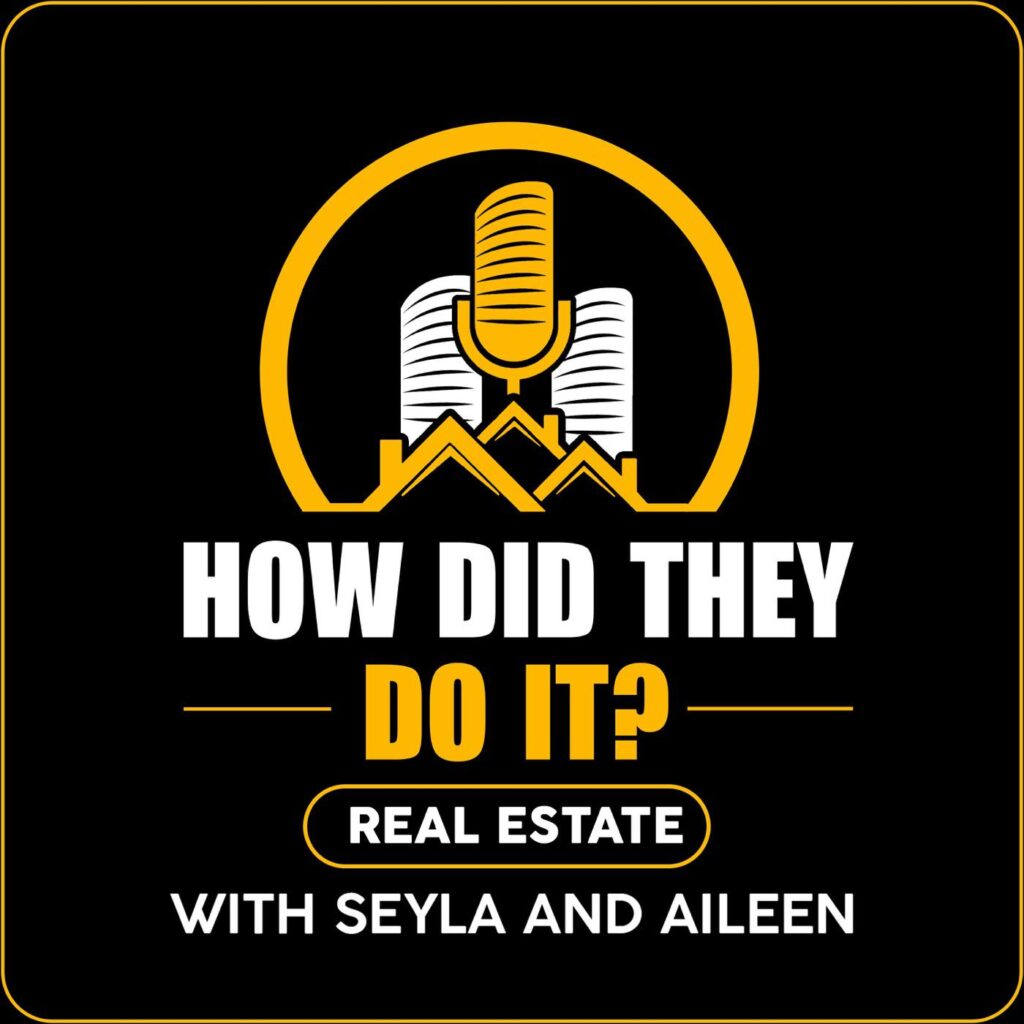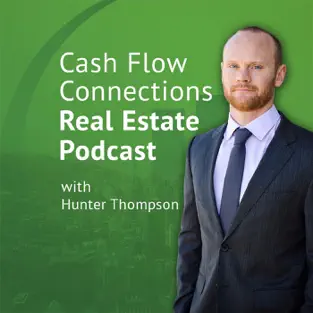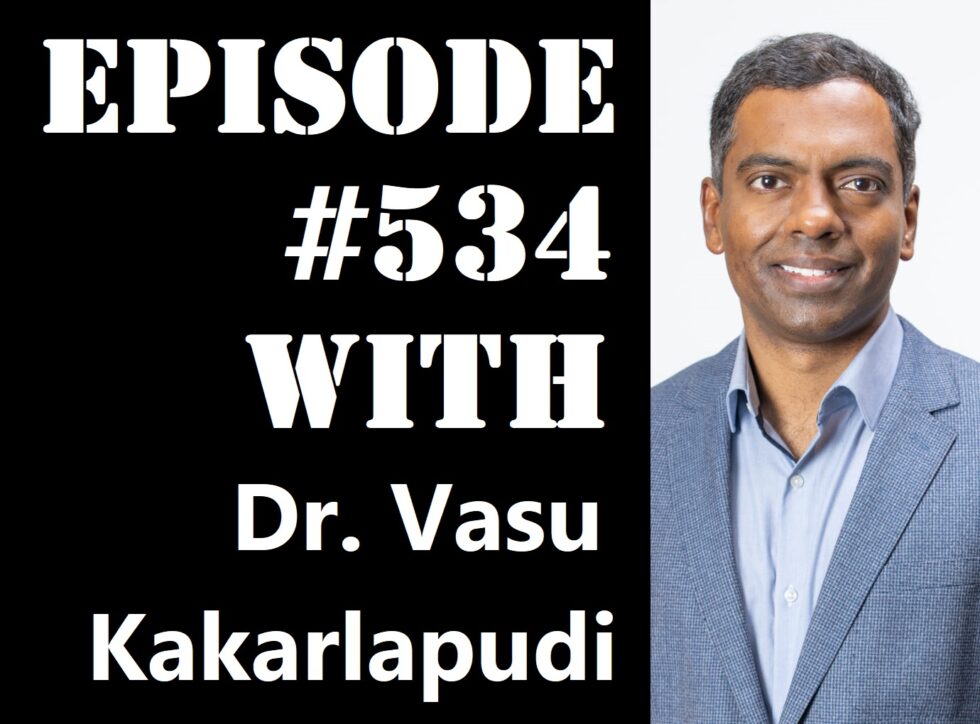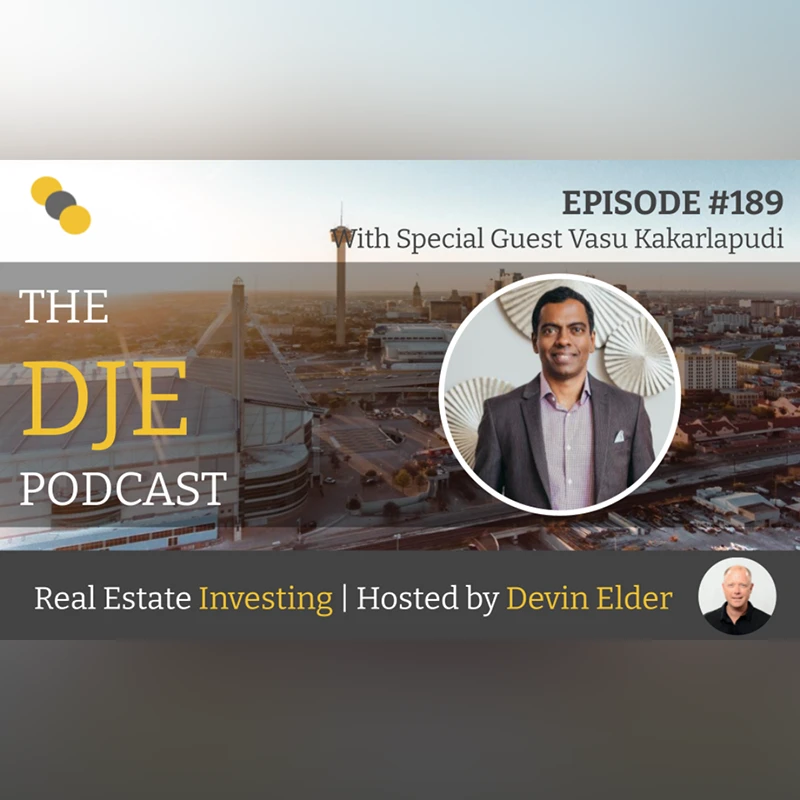Episode Description
Real Estate Mogul MD, Real Estate Podcast for Doctors
S3 Episode 40
In this conversation, Vasu Kakarlapudi shares his unique journey as both a physician and a real estate investor. He discusses his early aspirations in baseball, his transition into medicine, and the eventual realization that he wanted to practice medicine on his own terms. Vasu emphasizes the importance of diversification in income streams, particularly for physicians, and dispels common misconceptions about real estate investing.
He details his journey from single-family homes to larger multifamily investments and explains the syndication process. Vasu also provides insights into evaluating investment returns and navigating current market challenges, while sharing his vision for the future of his investment group and his mission to inspire other medical professionals to achieve financial independence.
Takeaways
- Vasu’s journey from aspiring baseball player to physician.
- The importance of practicing medicine on one’s own terms.
- Diversification is key for financial stability.
- Common misconceptions about real estate investing among physicians.
- Transitioning from single-family homes to multifamily investments.
- Understanding the syndication process in real estate.
- Evaluating investment returns: cash flow, IRR, and equity multiple.
- Navigating current market challenges in real estate.
- The significance of taking action in investing.
- Vasu’s mission is to inspire a thousand surgeons towards financial independence.
Transcript
0:00 They think it’s too hard it’s it’s it’s uh it’s too risky uh too hard and too
risky I think are the two biggest hurdles I would say of physicians
getting involved in real estate um they understand the the medical game um but
it’s interesting that what I found over my career is that um there are a lot of
the same skill sets and the um knowledge base that went through to becoming a
physician is actually very helpful in the investment world as well so um physicians are taught to be you know
very studious um learning all the technical terms and then um really being
very very diligent and methodical about their approach we had to do that otherwise you wouldn’t get through you know college and medical school and
residency so you’ve applied those same principles to real estate investing um
it’s a natural natural
fit welcome to the Real Estate Mogul MD podcast thanks for tuning in and taking
control of your financial future this is a show where we not only motivate and inspire we give you actionable real
world experience to help you live life by design you’ll hear journeys and stories from other physicians investors
coaches consultants and entrepreneurs and now here’s your host Brett
Rigggins some physicians wait decades to think about financial independence dr
vasu Kakaraputi didn’t an ENT surgeon real estate investor and founder of APA
Investment Group he started investing just a year and a half into practice and has since built a
portfolio massive portfolio with transactions exceeding $1 billion today
we’re diving into his journey from surgery to syndications how doctors can start investing early and why real
estate may just be one of the best tools for financial freedom here we go vasu
welcome to the show man the time has come i’m I’m so excited about this conversation so first of all thank you
for being here my my pleasure Brett i’m glad to be here as well so I love it when you know not every guest comes on
is a physician not every guest is a real estate investor but Vasu you are both of those things today so tell us so let’s
jump into this tell us a little bit about your medical journey so far yeah so um I grew up in Kansas City uh
son of Indian immigrant parents and I tried to My first love was playing baseball so I grew up in the mid 80s
with the Kansas City Royals come on george Brett right yeah george Brett was
I was named after yeah that’s Oh really yes what a small world Brett so George
Brett uh was my childhood hero and uh so I wanted to play play
professional baseball and uh so I I poured my heart and soul into everything
about the Kansas City Royals and uh with the eventual goal of trying to try to play for the Royals um unfortunately uh
my my talent didn’t match my aspirations i couldn’t make up for it with hard work
yeah so uh it when I tried out for the I went to a public high school on the
Kansas side in Overland Park Kansas and um you know there’s 500 kids at that school per grade right so 2,000 kids in
this class uh in the whole school so uh you had to be pretty good to even make the you know the freshman team was even
challenging so I remember tryyous for the freshman team and they had us sit out in center field and see how far you
could throw the ball to try to catch our you know assess our strength yeah and uh I revved up i was I’m not super tall now
but I was way smaller back then i had a late growth spurt so I tried to throw
the ball from center field and there were guys that were throwing the ball all the way to to home plate and yeah I
I don’t think my ball even got to second base so um so at that point I realized that you know in order to play major
league baseball you know you had to make you had to probably at least make your high school team and if you didn’t make your high school team as a freshman the
chance of you going into the playing professional baseball for a living is going to be pretty limited so I had to give up my baseball aspirations although
I still played recreationally and kind of focused on what I was good at i was fortunately pretty good in school and
math and science and I loved solving problems um and so you know medicine became kind of a natural natural journey
so went to college and medical school in Kansas City uh and then I really wanted
to originally go into orthopedic surgery because I thought if I couldn’t be an athlete I could at least hang out with the athletes um then I saw some
orthopedic surgery and I thought it was a lot of carpentry and nothing against orthopedic surgeons i have plenty of
friends who are ortho guys and I wanted something a little bit more delicate and meticulous and so I really fell in love
with headneck anatomy um a lot of pinhole surgery a lot of very uh precise
movements that are required in surgery so I went into ENT surgery and um
started practice in metro Louisville Kentucky and thought I had it made until I saw a lot of the people that I looked
up to mentors in my space that were 20 30 years older than me that uh were unhappy they seemingly had a great
career and making a big impact with patients but they got lost in the struggle of all the trials and
tribulations of practicing medicine and um and so I was really disheartened
because I thought here I was you know had had this perfect career so that’s when I kind of really thought about well
how can I how can I do this in a way that I can have fun practicing medicine and I saw the people that were having
fun practicing medicine were the ones who didn’t actually need to they they got to instead of having to so that kind
of started my uh real estate journey 20 plus years ago yeah the whole need verse want in that world things change uh
absolutely love it and you mentioned uh back to the sports thing uh growing up playing sports myself too you know it
made me think of I think there was somebody I think his name was something like Michael Jordan where he had these
issues early on in his career making teams and then turned out to be one of
the the all-time greatest right uh one thing I struggled with Vasu when I was going through like I we same thing like
we lived eat breathe slept baseball it was baseball baseball baseball um but
when the field got bigger and I didn’t there they increased my challenge you talked about throwing that ball and not
making it near the other the uh as far as the other players and it’s like everybody went through puberty and
here’s little Brett and he didn’t and you know so nothing no nothing could be there for uh an excuse for me ultimately
um you know it just wasn’t didn’t feel like it was in the cards for me and you as well Vasu and you got into um ENT and
now what um what was that first kind of jump into
real estate cuz I hear you talk about finding that separation right uh the the need verse want um piece and you know
seeing other colleagues and mentors that are not happy and we talk about this a lot what was that first jump for you in
real estate and how did you link that together say “Hey this is the path.” Yeah i I was really looking for I wasn’t
falling in love with real estate i was falling in love with the the prospect of having my money work for me in a way
that would allow me to practice medicine on my own terms you know at to the extent that I wanted to and not have to
so that began a search to kind of figure out like what is it that pro can provide um a consistent um consistent return if
you followed certain systems and processes so I really relied on our surgical education so you know you you
learn some of the terminology and then you you practice you have mentors along the way and you know you you’re trying
to mitigate risk so you know ENT surgery in particular has is is you’re operating
in a sea of landmines with you’ve got the brain on one side you’ve got the eye and brain fluid and you know smell
centers and blood vessels and nerves and all this kind of stuff that you don’t really have a whole lot of margin for error and so the way you mitigate risk
or is to follow a defined path going from one landmark to another landmark so
I was like well how could I apply some of the stuff that I’ve learned and the talents and skills and the process of
learning ENT surgery and um transmuting that into the investment world and so
that’s how I came upon real real estate so my first process there was really to
try to find people i what I knew was I learned the basics um by reading and and and uh you know podcasts weren’t super
prominent back then but there was a there was a few um and then finding mentors in the space people who were
doing this for a living had done this for a long time and really spent time with them and um learned you know how
they view deals how they do deals um and so that began that process so to answer your question the first first deal that
I did was a single family uh town home um and uh quickly realized that you know
uh midnight toilet calls and termites and tenants were were a challenge so um
the deal did well but uh that was my initial start is uh in a single family home very interesting and how early in
your career was it that that you were able to make that connection to where hey I’ve got to do something different
because most I mean a lot of doctors wait until it’s too late when they’re thinking about retirement you have these
set retirement accounts but then there’s nothing other than that so what point in your career did that happen very early
on like within the first couple years so I started practice in in 20 2003 and uh
bought my first deal in the very beginning of 2005 so about a year and a half into practice is when I made that
first uh first leap because I I firmly believe that you know you’re you’re not really um boiling the ocean if you if
you don’t change the rules and so uh I changed the rules of trying to like say okay well uh you know I want to continue
to practice medicine but I also want to establish another um you know path to
generate income so I wasn’t solely um dependent on the practice income because
you know the as a lot of people tell you that diversification is the key to investing right that’s the holy grail
and so I wanted to diversify my income stream as well uh as quickly as possible and I’m sure you would say that that’s
something that you would suggest to other physicians is sooner is better than later is that correct yeah i mean
the the best time to plant a tree was yesterday and the second best time is today so um you know it’s never too late
to get started but the longer the window the longer your runway um you know you
can really allow the eighth wonder of the world of compound interest to work for you um so it just requires time yep
what are some of the biggest misconceptions that physicians have about real estate investing they think
it’s too hard it’s it’s it’s uh it’s too risky uh too hard and too risky uh I
think are the two biggest hurdles I would say of physicians getting involved
in real estate um they understand the the medical game um but it’s interesting
that what I found over my career is that um there are a lot of the same skill
sets and the um knowledge base that went through to becoming a physician is
actually very helpful in the investment world as well so um physicians are taught to be you know very studious um
learning all the technical terms and then um really being very very diligent and methodical about their approach we
had to do that otherwise you wouldn’t get through you know college and medical school and residency so you’ve applied
those same principles to real estate investing um it’s a natural natural fit
and you talked about your first deal being that townhouse how do you go from townhouse to apta and tell us a little
bit about apta in that piece too yeah so the quickly realized with a
single family home that you know it was very very difficult to be able to scale that and um I didn’t want to I wanted to
focus on what I knew best which was really um you know finding deals and then managing the asset uh doing asset
management meaning the the financial analysis of the deal but the actual property management the day-to-day work
in terms of maintenance and those kinds of things was not my area of expertise even to this day I’m not I’m not an
expert in that in that arena as well um so you know in order to be able to
transition and be able to afford a team that could help you handle some of those things um you had to kind of graduate to
uh larger assets that could afford uh professional property management so um
so from from from that single family uh um investment kind of moved on to other
asset classes i really cut my teeth in trying to help other doctors and ourselves um you know go from just being
a medical practitioner to creating other businesses around practicing medicine so
for example you know surgeons you know need a place to operate right so they need a place to see patients they need a place to operate so um I cut my teeth in
in developing businesses and real estate around the those businesses so one of
the one of the biggest risks in real estate is the quality of your tenant and so we bet on ourselves as doctors in
terms of you know our businesses so why not bet on ourselves with real estate and obvious one of the biggest risks
involved in real estate is the quality of the tenant so during that process we kind of helped a lot of our partners we
developed a bunch of medical office buildings um built a surgical hospital and allowed doctors to provide to have
additional income streams from businesses that they directly controlled both from the operating business entity
and also from the real estate um so that opened up a lot more doors um beyond uh
medical office into multif family and and retail centers uh which is kind of
my primary area of focus and so um APA our our company was really formed uh
after many many trials and tribulations of uh working with our own money and
working with friends and family and um it really grew out of a desire because a
desire of our of our people that were around us to have access to the same kind of opportunities that you know
ourselves and our team had developed so um it’s interesting and the APA Investment Group what you were just
speaking of there now you’ve got a portfolio that’s worth over a billion dollars that is incredible
congratulations on that yeah it’s total acquisitions over over a period of time and so with us and our team and um yeah
it was Thank you i appreciate it it it was it’s it’s been work in progress over you know over 20 years so didn’t doesn’t
happen overnight it looks like it though doesn’t it like from the outside hey the overnight that
that took 30 years to do you know people only see the tip of the iceberg they don’t see how big the the root system is
underneath there and all the trials and tribulations that went into it you mentioned friends and family and and affording the opportunities that you
were seeing and your colleagues are seeing and I’m I’m just guessing that you’re doing this through syndications
can you uh explain on a high level what that syndication process or how that
syndication process allows uh that opportunity for other individuals to to
reap the benefit of what you got going on yeah I think take a step back i think there’s two real ways that people can
get involved in real estate so one is an active participation so active deals that you go out and find take care of
all of the acquisitions the finance the debt the property management etc etc um
but there’s economies of scale when people can pull their capital together and go and buy larger assets and when
you buy those larger assets um you need somebody to be able to be you can’t have
too many chefs in that kitchen you need somebody to be kind of the the chef and and be a good steward of everyone else’s
money and that’s really where syndications kind of come in um it’s a way for a lot of investors to pull their
money together and all be fractional owners in the asset itself but choose uh
a team that is in charge of finding the deals uh putting the deals together
taking care of the financing managing the asset and and ultimately disposing of the asset so that’s that’s in broad
terms how a syndication works uh there’s a ton of more nuances into it but think
of active as you’re doing everything yourself and passive syndications as a way for you to pull your money with
other folks so that you can take advantage of the economies of scale and the expertise of the team to buy larger
assets that ironically are actually less risky so larger assets in real estate
tend to be not always but tend to be less risk than than the smaller assets yeah interesting and when you say
dispose of an asset it almost sounds like you’re throwing it away but it’s more along the lines of disposition you’re moving it yeah you’re moving it
to to another platform basically selling it right yeah yeah yeah thank you thank you for clarifying that yeah i don’t
know if that I don’t know if that’s the right use of the word or not it’s like wow i just really like we’re just going to throw it away no we’re going to
capture the equity didn’t match up the connotation didn’t match up yeah yeah we’re going to capture the equity but speaking of equity capture we’re talking
about equity multiple and there are some things when we’re looking at syndications these um returns that we’re
looking at and the I think the three big ones uh would be cash on cash return the
IRR and the equity multiple when those three highlevel return um targets what
what are you looking at when you look at a multif family deal is there a way you can generalize that for us yeah I think
it really depends upon each individual investor’s needs um so some investors
are looking for cash flow right and so you’re going to want to probably focus
more on the cash on cash returns um and so that’s typically going to be you know
maybe on in the multif family world um maybe a you know in broad terms
apartments are graded A B and C so think of Agrade as the you know $2,000 plus uh
per month rents and maybe the B-grade a,000 to $2,000 and maybe the C-grade
older apartments that are you know $500 to you know $1,000 range so in general
the cash flow tends to be stronger um with the lower grade assets so if you’re
really looking for cash flow um you might want to consider some of the the C-grade apartments um so that’s one one
approach um the multif family world has been as as your listeners know it’s been
a very uh turbulent market over the last few years with this rapid rise in interest rates and so the cash flow on a
lot of multif family deals right now is pretty skinny it used to be you know you could get 5 to 10% cash on cash returns
on a lot of multif family deals and and now it’s it’s it’s it’s lower than that you know so um that’s one one aspect of
returns um you mentioned um the equity multiple so that’s that’s kind of realized after uh a transaction occurs
um and most investors you know want to at least double their money um over the course of 5 to seven years or so so um
and then internal rate of return as you mentioned is another metric that’s used and that’s timesensitive so in general
the the sooner you uh get money back um the larger your internal rate of return
is so um I’ve seen deals that have had for example have a equity multiple that
maybe only 1.2 or 1.3 but because they’re getting the cash back really quickly their irRs are really really
high so we don’t need to get too far into the weeds but just it’s sometimes you have to figure out what you’re optimizing for so if you if you want
cash flow you’re looking for that if you’re looking for long-term growth that you can just park money and and and you
know double your money then you’re looking at equity multiple if you’re looking for a quick turnaround of your
money and you just want to renovate an apartment real quick and and capture higher rents and then sell you’re gonna
want to focus on IRR because you’re getting your money back faster even though it may only be you know 1.2 or
1.3 as opposed to doubling yeah and this uh current
uh challenge uh when it’s looking at cost of money in the multif family space
um when we’re tell me a little bit how you see this how does the say the interest rate on a cost of money on a
loan so say that the cost of money is say 7% but we’re investing in a market
where the cap rate is 5% how do those two numbers correlate together that
that’s a tough situation that what you’re describing there is a situation was called negative leverage right so
you don’t have your cost of capital is higher uh than than your cap rate it’s
really hard to get any cash on cash on that um so you’ve got to be banking on
if you’re doing that in your example of borrowing money at 7% and buying an
asset at five at a five cap you you essentially are banking on um growth of
that market and you’ve got to be uh relying on long-term growth uh at the
expense of current cash flow i just you know you have to it would be very very
challenging to to expect any cash flow uh in that situation yeah and it’s hard
uh and when I’m looking at deals too it’s like I’ve got and right now you’re probably seeing this too offers that
we’re writing are so low because it’s like I have to I have to have deals that cash flow there’s no doubt about it i’m
not going to buy something that’s not going to cash flow so we get more nos right now are you feeling that too yeah
absolutely so to give you an example last year in 204 um we only closed on one deal mhm and
our motto has never been to adjust our filter to to to make a transaction occur
that’s where patience is super super essential um uh you just have to sit tight in 2022 we did we did like six
deals so um it’s just a matter of waiting for that timing when when the
fundamentals you you can’t you you can’t sacrifice on the fundamentals um the
more you adjust your filter um the more risk you’re introducing into a deal yeah
yeah it’s very interesting and not only do you get no or not only do we get nos
Vasu it’s you’re crazy um you know you don’t know what you’re doing and then we’ve been lectured by so many uh agents
and you know different scenarios where you’ve got to look at this and this is perform on this and it’s like no no no
no this is the way it works in our system that’s way uh that’s the way that we have to go and the patience is is is
challenging you’re not trying to make a deal yes we can be creative in certain scenarios but we’re not trying to make a
deal we’re trying to find a deal and you’ve got to stick to you got to trust the process you have to have faith and
trust the process 100% which hey this is a whole another thing how do I trust the process when I’m new at this when I feel
like you know I’ve got the kind of personality I’m I continue to learn i never want to stop learning and maybe
I’m not learning something right maybe I’ve got something wrong because my offers are coming in half of what
somebody’s asking you know yeah i I I think the key thing is to is to work
with somebody who uh has done this before and just um I here’s what I did
i’ll share with the listeners i I found um a a patient of mine who uh had taken
care of has was a real significant um had significant experience and been doing this for 20 years 20 plus years
and been very very successful so I would read and like you said learn all the
basic terminology and then on my own time and just I just asked if I could come in and just see how you evaluate
deals and that’s what I used to do after after office hours and surgery um visit
with my buddy and and over a period of years I I gained enough confidence after
you know practicing essentially um you know with with learning the way that he
did things and looking at deals that way it It gave me the confidence to be able to finally execute because I was a firm
believer that you know um knowledge without execution is just entertainment right it’s just a way for you to
entertain yourself and we’re not in this business to necessarily just entertain we want to actually execute so you you
have to be able to execute but at the same time you don’t want to be premature in that so I would suggest you
latch on to somebody who’s done this before this is what we did in residency like you know I didn’t I didn’t take out
my first tonsils the first time I I saw it you know I I read about it and then I had somebody you know I watched a bunch
of people and then I had another person attending you know watch over me before I was independent so you follow the
exact same process yeah very interesting and sharing that knowledge is huge uh executing taking action and you’ve done
both of these things we talked a little bit about this before we went on air here today vasu you’ve written a book
tell us a little bit about that yeah so you know you you get to a certain point
in your life where you’re like you know life has to be about more than just about you right you know once you’ve
achieved um a certain you know modicum of success it really becomes like how
can you give back and leave this world better off than than where you where you came in and so um you know so this book
has been a labor of love it’s called the surgical investor and it really outlines
kind of the trials and tribulations that that that my along my journey and the goal of that is to really help inspire
um other physicians and surgeons to find their own journey it’s not this it’s not
going to be the same journey but um it’s it’s really about studying success patterns of other people who’ve done
what you want to do this is exactly what I did and um trying to implement you know different areas different stories
and different skill sets and mindset and um how you could apply that to your own life and so uh my way of kind of giving
back to our community and is to hopefully inspire uh at least a thousand
surgeons to to get to a point where they’re not solely relying on their
surgical income to to feed their families and and to fund their lifestyle but instead have other sources of income
so that they get to instead of having to practice medicine and the downstream
effects of that to society is tremendous because I noticed this a with other
investors that we’ve had is that when you get to a point where you are getting
to practice medicine instead of having to you become much more of an empathetic compassionate physician and patients
sense it you don’t have to play the game you know as you know working with a
bunch of doctors that we’re reimbursed based upon volume but we’re wired to
provide quality but the financial incentives don’t reward you for the quality they reward you for the volume
and but when you have other sources of income you’re not so much dependent on that financial reward of practicing
medicine and as a result your your whole life changes brett I mean you get to a
point where I’ve seen investors uh you know change the way that they approach patients they’re just they’ve got
another spring in their step they’ve got more time to take care of their health um their mindset is better they’ve got
better relationships they’re they’re really enjoying the connections that we make where it’s it’s a real gift to be a
doctor and we want to try to give that gift and enjoy the gift so that we can
take we can connect better with our patients yeah that’s amazing and just coming back to that that thing and you
and I we say it just a little bit different but the need verse want for me that’s something I’ve I’ve in as a
contractor or building a company like whatever when I’m in a situation where I need something verse when I’m in a
situation where I want something um it is completely different and get to versus have to I love it i love it and I
can just I can feel like a a glow happening inside of me when you explain
that so I know that I experienced that same thing and sometimes my perspective may shift off of that so I love that
that’s in here in this book and there’s so many more things i we could probably do a whole another conversation just on
the book but uh we are pre-production pre-release on this book right now how can the listeners find this and learn
more about the surgical investor love that name by the way yeah thank you
um a lot of that information we got a ton of educational resources um and uh
including access to the book through um aptainvest.com uh
um and it kind of shares uh some of the trials and tribulations that uh that
I’ve gone through to hopefully help shorten that uh learning curve for others uh so that you know they always
say you know a dumb man uh doesn’t learn from his mistakes um a smart man learns
from his mistakes and a wise man learns from the mistakes of others and
so our our goal is to really uh help as many surgeons as we can at least a
thousand surgeons that’s that’s kind of my uh bee hag so to speak yeah
big Harry audacious goal from the Jim Collins world of uh lifting at least a
thousand surgeons over the next couple years to be financially free and u
really bring back the enjoyment in the practice of medicine jim Collins that was a book built to sell is that is that
right uh good to great he’s great that’s it yeah yeah good to Great is the one that that I was referencing here yeah
yeah good to Great absolutely love that book The Old Bee Hag so what that’s
that’s your personal beehag it sounds like tell me a little bit about uh
what’s next for Alpha Investment Group and um you know maybe the next five or
10 years what are you seeing as far as real estate opportunities that you’ll be offering the group yeah so APTA is
really um a Sanskrit word for trust and so part of our mission is to build more
more trust um we’ve got that trust bridge with people who have known us for a long time and our next evolution is to
provide those same opportunities that we invest in ourselves so uh me personally I’m usually the largest investor in
every deal that we do we if it’s not good enough for us we would never bring it to our uh investor base um and we’re
focused on kind of three specific asset classes multif family uh medical office buildings and retail centers so think of
like uh not the big box retailers but like the small e-commerce resistant uh
tenants at you know in hightra areas in in growth markets so think of like your
your dentist uh the chiropractor the nail salon haircut place the the the
local restaurant that everybody loves to go to um in the neighborhood so those are the types those are the three main
asset classes that we’re looking at um and to be honest with you right now we’re being we’re we’re spreading our um
our top of the funnel essentially trying to look for more and more deals but we’re not adjusting our filter so um
we’re very very stringent on the requirements and so it’s just requiring us to be more creative about how we find
these deals um by um you know expanding our outreach very cool what markets is
that Vasu so the medical office and retail stuff we’re looking primarily I
live we live in Louisville Kentucky so this we know this market really well we’re um so we’ve got a lot of assets in
this area we’re also expanding to other Midwestern markets mainly like Indianapolis Indiana and Columbus Ohio
and and surrounding areas the multif family world um we focus on on even
higher growth markets where there’s even more positive uh population movement um
so in think of Texas the the big markets in Texas Dallas Houston Austin San
Antonio um Atlanta Georgia the Carolinas so we’ve got an asset in close to your
neck of the woods um in in the Charlotte area as well so very cool very cool
absolutely and the last little piece here um for physicians who are just starting their financial independence
journey what’s the one thing you ever read that book yet yes by Gary Keller
sorry about that i was going to clim Yes yeah the one thing but what’s the one thing that someone who’s just getting
started uh to build passive income should do today
take action i’ve seen too many doctors doctors are great students i I had I
have to consciously um whenever I read something or learn something uh immediately take notes on
how I can apply that knowledge to whatever I’m doing so I would say the
number one thing is learn as much as you can but take uh some action it may be as
simple as um going to a course or um
networking with some other real estate folks and just learn the lingo and take it doesn’t mean go buy a deal the first
time you read a a real estate book it means you know take some action that’s
the what is the very next what is the next one thing that can make everything else easier or obsolete is I think how
Gary um talks about that so you know you you just have to make sure that you’re
making forward progress that creates momentum so not we
mentioned it earlier right so knowledge without execution is is entertainment so don’t don’t look at this as
entertainment you know you make sure that you’ve taken some action that’s awesome and taking action by first of
all listening to the real estate mogul MD or being a guest on the real estate mogul MD i really appreciate that Vasu
and for the listeners the action piece can be going to uh aptinvest.com this the URL is in the
description here but check out what you’ve got going on the resources you’ve got there uh check out the book uh as
well too so best wishes on your journey Vasu thank you for your time today yeah
enjoyed being here Brad awesome thank you so much physicians don’t have to wait to start building wealth you just
have to start now you just have to start just take action here are some key
takeaways some notes I threw in the bucket today from my conversation with Dr kakar Leaputi the best time to start
investing was yesterday but the second best time is today real estate isn’t as risky as
doctors think if you follow proven systems you can reduce risk and scale
faster and finally financial independence lets you practice med medicine because you want to not because
you have to want to learn more visit aptainvest.com
ainvest.com and grab a copy of the brand new book The Surgical Investor thank you
again for your time today and as always thank you for your attention this is the real estate mogul Andy
Additional Resources
- Read the Book: The Surgical Investor – Learn how surgeons can build wealth with purpose.
- Explore More: Visit Apta Knowledge Hub – Educational tools, case studies, and investment strategies designed for high-income professionals.
- Watch Next: Real Estate Reimagined Webinar – Discover why passive income isn’t just possible, it’s necessary.
